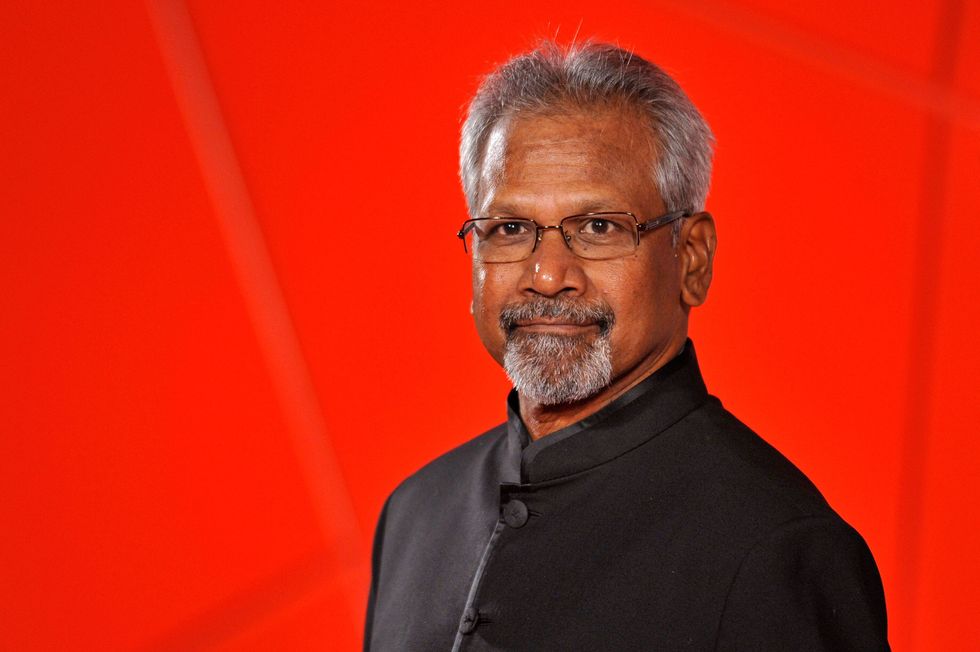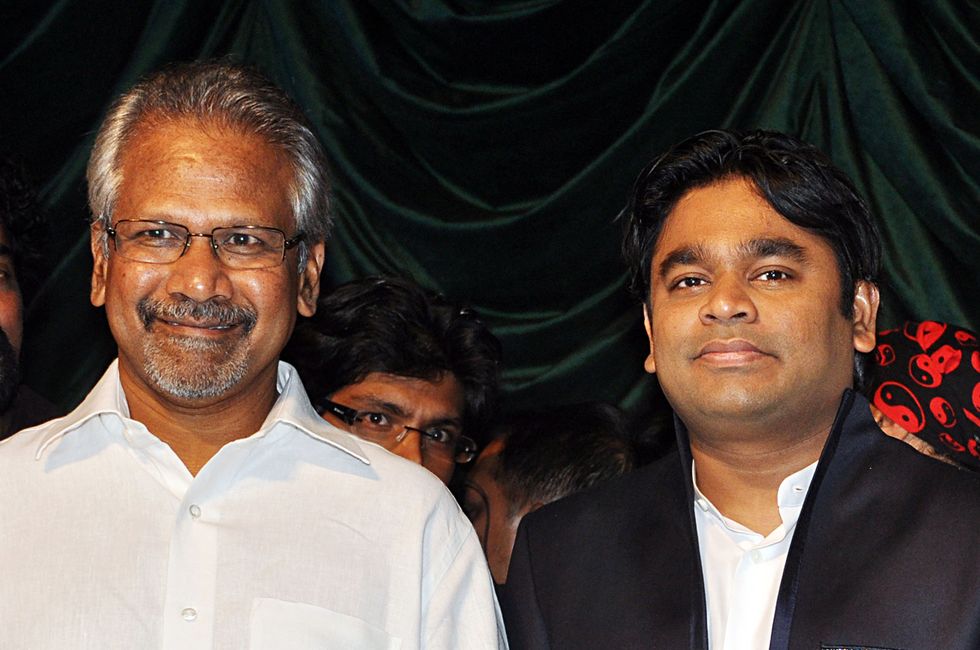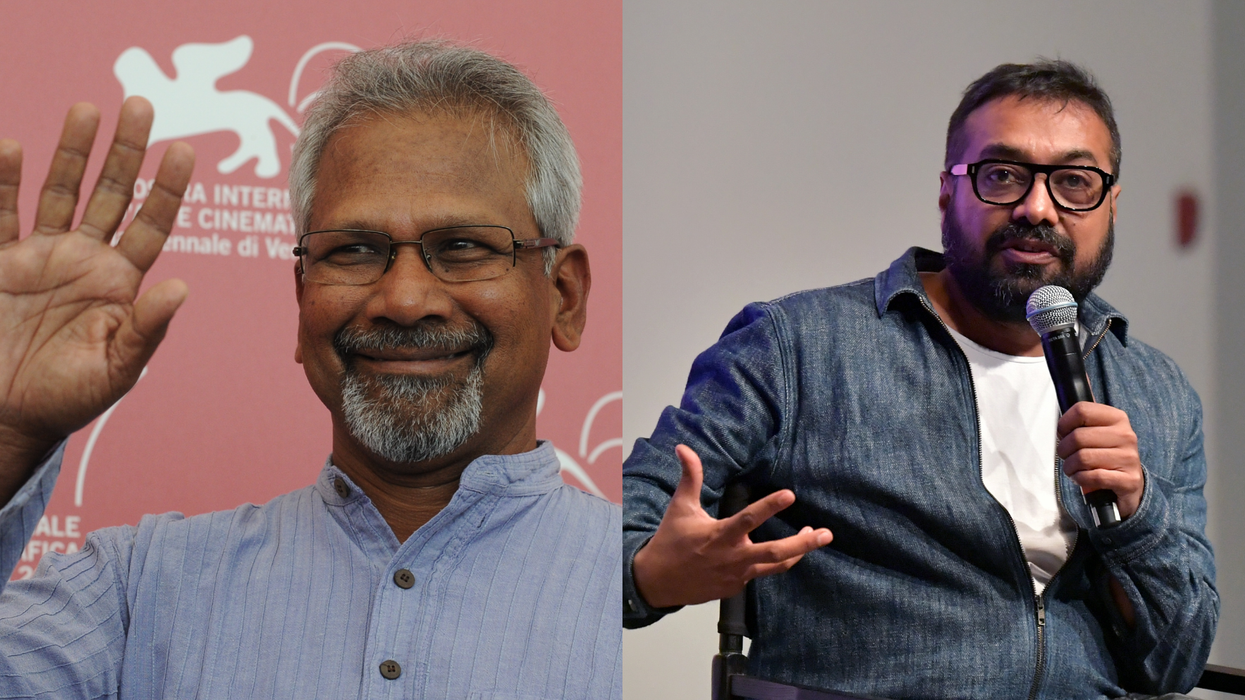Director Mani Ratnam has addressed the recent debate over English lyrics in Tamil songs, sparked by Anurag Kashyap’s comments questioning their relevance. Kashyap had called the trend of mixing Tamil with English lyrics in South Indian films “pointless,” setting off discussions in film circles and online.
Mani Ratnam, who’s promoting his upcoming film Thug Life, responded to the criticism with a calm but clear perspective. One of the songs from the film, Sugar Baby, features English lyrics, a detail that caught attention in light of Kashyap’s remarks.
Mani Ratnam didn’t dismiss the concerns outright but explained why he sees no problem with using English, as long as it suits the context. “Most of my titles have always been in Tamil,” he said. “But I don’t believe in setting limits like ‘only Tamil’ or ‘only English’. If it works for the film, I use it.”

He made it clear that his choices are not about trying to be trendy or appealing to younger audiences for the sake of it. “It’s not about chasing coolness,” he said. “You use what feels right for the story and characters. Not everything has to follow a set pattern.”
Mani Ratnam also touched on his long-standing love for Tamil language and poetry. Many of his most memorable songs, in collaboration with A.R. Rahman, was inspired from classical Tamil literature. “When we adapt old Tamil poems into songs, it brings out the richness of the language,” he said. “But that doesn’t mean you can’t have a ‘Sugar Baby’ if it fits the vibe of the scene.”

He rejected the idea that English lyrics dilute the essence of Tamil cinema. “Why lock yourself into one way of doing things?” he asked. “Films are about expression. You don’t have to follow made-up rules.”
Thug Life also marks Ratnam’s reunion with actor Kamal Haasan, 38 years after their landmark film Nayakan. The cast includes Silambarasan TR, Trisha, Aishwarya Lekshmi, and Nasser, promising a wide canvas for storytelling, in any language Mani Ratnam sees fit.





